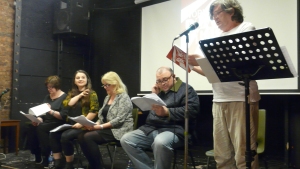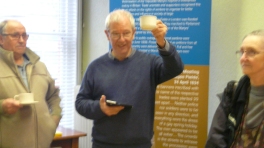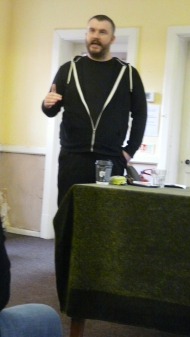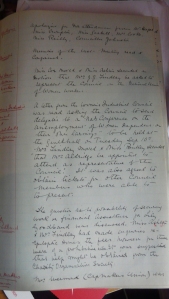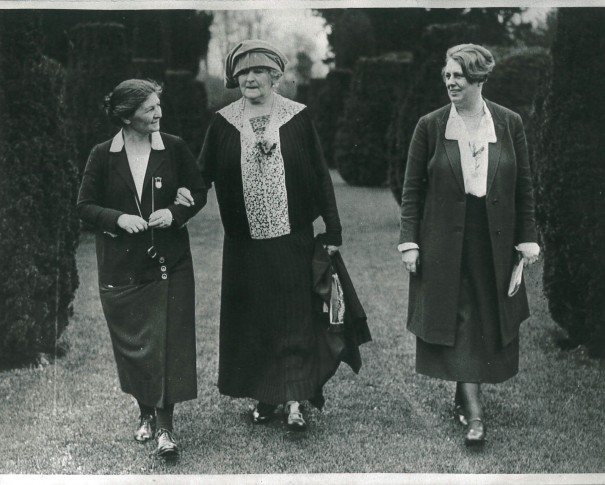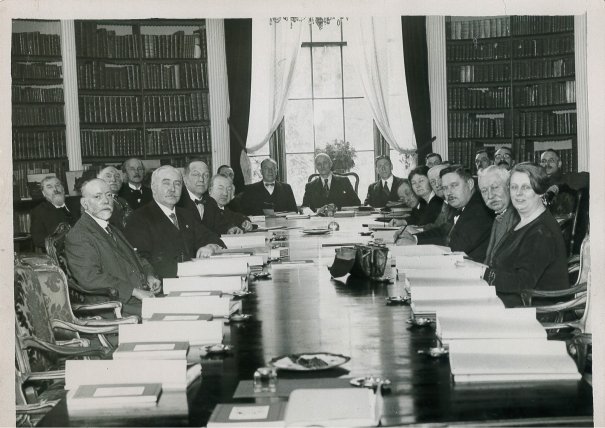Our IWD event You Can’t Kill the Spirit celebrated the history and contemporary actions of women from the Pit Campaigns of 1992-3 to women today active in trade unions and a new Manchester feminist magazine.
Our first speaker was Debbie Mathews, one of the women who set up pit camps in 1992-3 to stop the closure of 31 viable coal mines across the country. Refusing to accept the Tory Government’s death sentence on their local pit at Houghton Main in Sheffield they sprang into action, building a community campaign based on principles learnt from the 1984-5 Miner’s Strike, the Greenham Common campaign and the peace movement. Collectively they set up home with donated portacabin and a brazier to establish a 24/7 camp at the gates of Houghton Main, their local pit.
In You Can’t Kill the Spirit the women have documented how they built the campaign, bringing together the local community, including children. The book is an important self-help manual for today’s campaigns and is an important part of working class history – celebrating the role of women and their imagination, resilience and dignity. More information about the book here.
Our second speaker was Sarah Woolley, a full-time officer for the Bakers’ Union (BFAWU) ,who continued on the theme of the importance of women organising. She spoke about the incredible contribution made by young women in her union in the strikes against McDonalds. She stated that it was not just a national campaign for better pay and conditions, but an international one that had made links across the world with American McDonald workers. Find out more about BFAWU here
Our final speakers were Katy and Naomi from the new Manchester feminist collective, online magazine and podcast Make More Noise. They talked about their inspiration for the magazine and podcasts and their womanifesto of demands for justice and equality. Katy and Naomi encouraged women in the audience to get involved in feminist activism. You can read Make More Noise here.
Our speakers were followed by a discussion with the audience.
At the end the chair Bernadette from the Mary Quaile Club thanked the speakers and reminded the audience of our next event on 6th April, 7pm, at Three Minute Theatre, the launch of our new publication. “For the sake of the women who are to come after” : Manchester’s Radical Women 1914-45.










